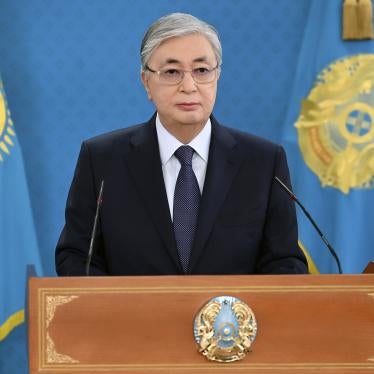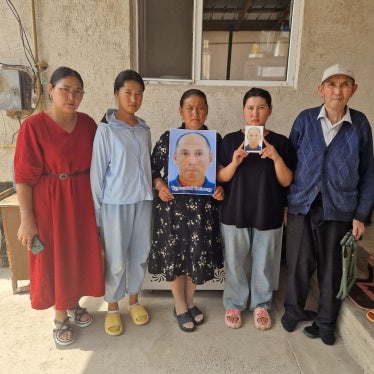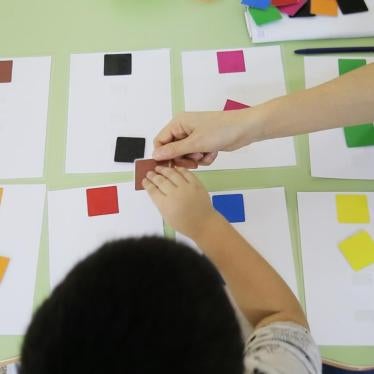It seems that everyone wants a piece of Mukhtar Ablyazov – former BTA bank chairman, Kazakh opposition figure, criminal suspect, and long-time critic of Kazakh President Nursultan Nazarbaev.
On December 12, an Aix-en-Provence court heard arguments for and against extraditing Ablyazov both to Ukraine and to Russia. In each place he is wanted on multiple criminal charges, including for allegedly embezzling sums totaling several billion dollars in connection with his work at BTA bank. Authorities in Kazakhstan have also sought Ablyazov’s direct extradition on criminal charges of embezzling more than US$5 billion from BTA bank, although the absence of an extradition treaty between Kazakhstan and France, Paris has not considered this request.
In the December 12 hearing, a French prosecutor urged the court to rule in favor of extraditing Ablyazov to both Ukraine and Russia, with a preference for Russia, citing the greater scale of alleged embezzlement there. Ablyazov’s defense team made the case that France would be in grave breach of its international and European human rights commitments if their client is sent to either place due to the real risk of torture or ill-treatment in either country.
While we don’t yet know the outcome of yesterday’s hearing – the court will only issue its ruling in the first half of January 2014 – what is abundantly clear is this: Ablyazov, a recognized refugee in the UK, is at real risk of ending up back in Kazakhstan if he is sent to either Ukraine or Russia, and France has an obligation to protect him from that fate. Kazakhstan has made no secret of its intention to do everything legally in its power to secure Ablyazov’s return to face trial in Kazakhstan.
While Ukraine and Russia are bound by international human rights treaties not to return anyone to a country where he or she faces a risk of torture or ill-treatment, both states have a very poor record of providing such protection. Over the last several months, Russia’s prosecutor general has granted the extradition orders of over half a dozen ethnic Uzbek men to Kyrgyzstan, in violation of the universal prohibition on torture, for example.
And given Kazakhstan’s track record, there’s no doubt that Ablyazov, if returned to Kazakhstan, would be at serious risk of ill-treatment and would face a flagrant denial of his fair trial rights there.
In the last two years, since the outbreak of violence in Zhanaozen, an oil town in western Kazakhstan, when police killed at least 12 people, colleagues and I have documented credible allegations of torture and ill-treatment that were never properly investigated by Kazakh authorities. I also remember all too well sitting in a courtroom in the port city of Aktau in September 2012, monitoring the trial of opposition leader Vladimir Kozlov. That flawed trial fell far short of international fair trial standards, yet the court convicted Kozlov and sent him to prison for seven and-a-half years.
If the Aix-en-Provence court rules to uphold Ukraine’s or Russia’s extradition request, it will put Ablyazov on a path that could ultimately expose him to a similar fate.









